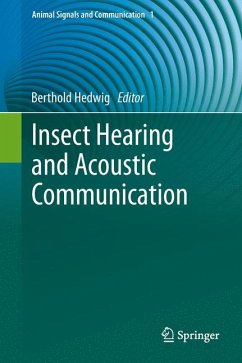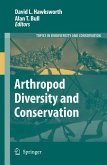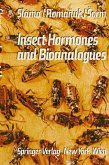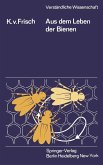This volume provides a comprehensive selection of recent studies addressing insect hearing and acoustic communication. The variety of signalling behaviours and hearing organs makes insects highly suitable animals for exploring and analysing signal generation and hearing in the context of neural processing, ecology, evolution and genetics. Across a variety of hearing species like moths, crickets, bush-crickets, grasshoppers, cicadas and flies, the leading researchers in the field cover recent scientific progress and address key points in current research, such as: - How can we approach the evolution of hearing in insects and what is the developmental and neural origin of the auditory organs? - How are hearing and sound production embedded in the natural lifestyle of the animals, allowing intraspecific communication but also predator avoidance and even predation? - What are the functional properties of hearing organs and how are they achieved at the molecular, biophysical and neural levels? - What are the neural mechanisms of central auditory processing and signal generation? The book is intended for students and researchers both inside and outside of the fascinating field of bioacoustics and aims to foster understanding of hearing and acoustic communication in insects.
Dieser Download kann aus rechtlichen Gründen nur mit Rechnungsadresse in A, B, BG, CY, CZ, D, DK, EW, E, FIN, F, GR, HR, H, IRL, I, LT, L, LR, M, NL, PL, P, R, S, SLO, SK ausgeliefert werden.









